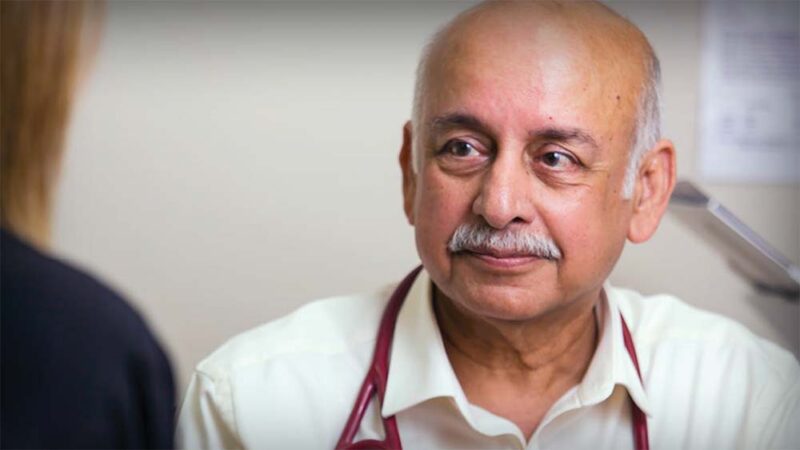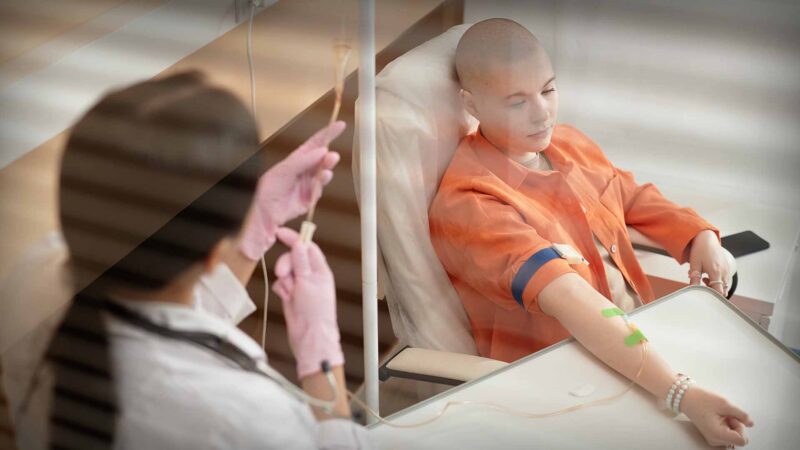EMERGING RESEARCHER APPOINTED TO JAMES PACKER CHAIR IN MOOD DISORDERS AT UNSW Joins department with over 60 years research in Psychiatry and Mental Health to investigate Bipolar Disorder
The UNSW Discipline of Psychiatry and Mental Health is widely renowned as the pre-eminent psychiatry research department in the country and one of the leading university psychiatry research groups internationally. In 2023 it celebrated 60 Years of Psychiatry & Mental Health at UNSW Sydney.
Australian Health Journal spoke with Professor Kimberlie Dean, Head of the Discipline of Psychiatry and Mental Health at UNSW Sydney, about the recent appointment of mental health disorders expert and clinician researcher Dr Aswin Ratheesh to lead the James Packer Chair in Mood Disorders at UNSW Sydney.
Professor Dean spoke about UNSW being home to an outstanding mental health research community with key partners across the Mindgardens Neuroscience Network, welcoming Dr Ratheesh
As a leading clinical researcher in mood and psychotic disorders, Dr Ratheesh is passionate about prompt and early access to interventions for people with such conditions.
The appointment comes after prominent businessman and investor James Packer, jointly with The Packer Family Foundation, made a $7 million gift to establish the role last year.
The Chair will lead a new unit at UNSW and the Mindgardens Neuroscience Network that will conduct rigorous research in mental health, with a particular focus on mood disorders such as bipolar disease. The gift also funds a team of researchers to support the Chair.
Dr Ratheesh’s research is focused on understanding pathways leading to the onset of mood disorders and finding ways to provide effective treatments for individuals who develop such conditions. He has worked as a psychiatrist for over 12 years both in youth and adult mental health settings and has led several studies that have helped identify risk markers for future bipolar disorder.
He believes some of the current knowledge gaps in mood disorders include our ability to predict who will develop such conditions, who is at risk of worsening, and who will respond to specific treatments.
Dr Ratheesh currently leads an NHMRC Partnership grant in early intervention for bipolar disorder and is a chief investigator on a Centre of Research Excellence grant in early intervention for bipolar disorder. He co-leads the International Society of Bipolar Disorders Taskforce on Early Intervention and is an Associate Editor for the leading journal, the Australian and New Zealand Journal of Psychiatry. He has received awards from the International Early Psychosis Association and the Australasian Society for Bipolar and Depressive Disorders for his research.
You Might also like
-
GP Health of The Nation
As Australia’s largest professional general practice organisation, the RACGP represents more than 43,000 members, including more than 24,000 Fellows who have completed specialist training (or its equivalent). These are the frontline GPs who treat almost 22 million patients across the country every year.
Each year the runs a survey across Australian Doctors. This year’s report reflects the experience of more than 1300 RACGP Fellows from across Australia. Despite this and other achievements, the share of total government healthcare spend for primary care is in decline.
-
HIGHLIGHTS The power of social determinants of health, panel discussion
Clinicians and consumers know only too well that life circumstances such as poor housing, income and food insecurity can have a negative impact on health outcomes. Conversely, participation in community activities, social connection and access to nature parks and leisure facilities can help maintain health and wellbeing.
More recent phenomena in public health have also focused us on the health and social care connection. Stress factors such as the sudden loss of employment and social interaction, moving to remote work or schooling, and the impacts of sudden, localised COVID-19 ‘lockdowns’ to prevent further outbreaks were triggers of increased psychological distress.
And loneliness is being described as our latest epidemic with chronic loneliness inked to a myriad of health problems and earlier death. A recent report found one in four Australians say they feel persistently lonely, and that loneliness costs $2.7 bn a year in health costs alone.
-
Mission to raise awareness of sarcoma and need for clinical trial funding
Sarcoma, a rare and aggressive cancer, remains the deadliest cancer for children and young adults, accounting for nearly one third (30%) of cancer-related deaths among those aged 15–24 and one tenth (10%) of those aged 0–14. Further, still severely under-diagnosed, sarcoma only accounts for one sixth (15%) of all cancer diagnoses in the 15 – 24 age group, and less than a tenth (8%) among children under 10.



